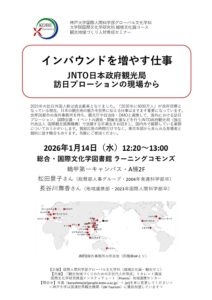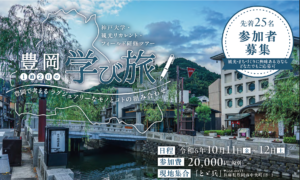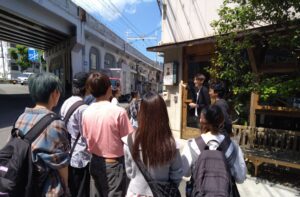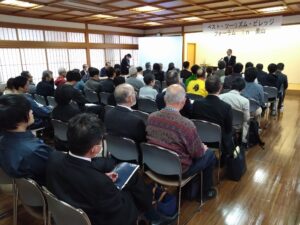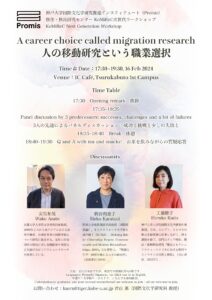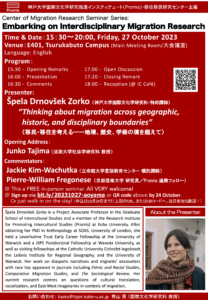Message from the Director of the Center for Community Partnerships
With the establishment of the Institute in April 2022, the Center for Community Partnerships is also established. In recent years, one of the most important roles of universities has been "community partnerships." In many areas, universities and local communities have established cooperative relationships, and the university's expertise and latest research results are disseminated to the community and the region, and collaborative projects to tackle community issues and problems are frequently undertaken. Through these projects, universities have come to be widely recognized as members of their respective local communities.
At Kobe University, many graduate schools have already established centers for similar purposes, including the longstanding Office of Promoting Regional Partnership, and have successfully implemented a variety of collaborative projects.
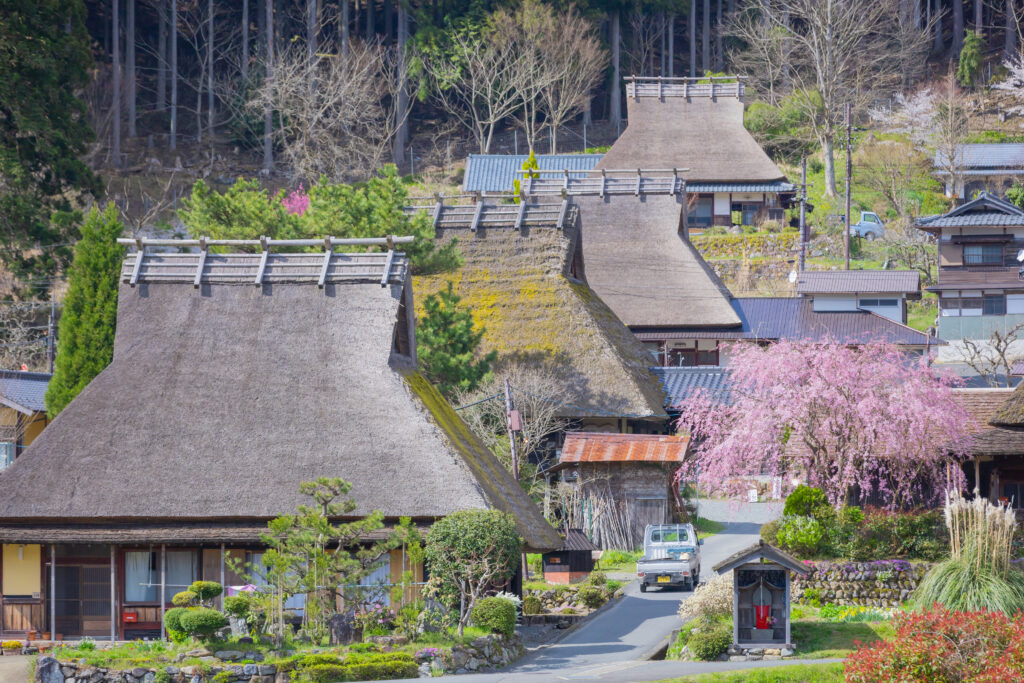
Provided by Kyoto Miyama Tourism Association
The Center for Community Partnerships of the Graduate School of Intercultural Studies, which will be launched in April 2022, will exhibit its uniqueness and significance by identifying and addressing new issues that have not been practiced by other centers.
The uniqueness of the Center is that it represents "community partnerships to tackle various problems in local communities that have been rapidly transformed by globalization." The rapid development of globalization has brought people, goods, and money from overseas into local communities and cities at a dramatic speed, causing various frictions and conflicts. Today, globalization is affecting not only urban areas but also regional cities and mountain villages. There are about 110,000 people from abroad, including overseas tourists, technical interns, foreign students, and their families, living in Hyogo Prefecture and about 50,000 in Kobe City. We need to be diverse, tolerant, and resilient in order to revitalize our communities. A diverse society creates a diverse and rich culture. Local communities will see the diverse languages, customs, cultures, and religions of the new people coming in, and although they may be uncomfortable at first, they will eventually begin to explore ways to live together.
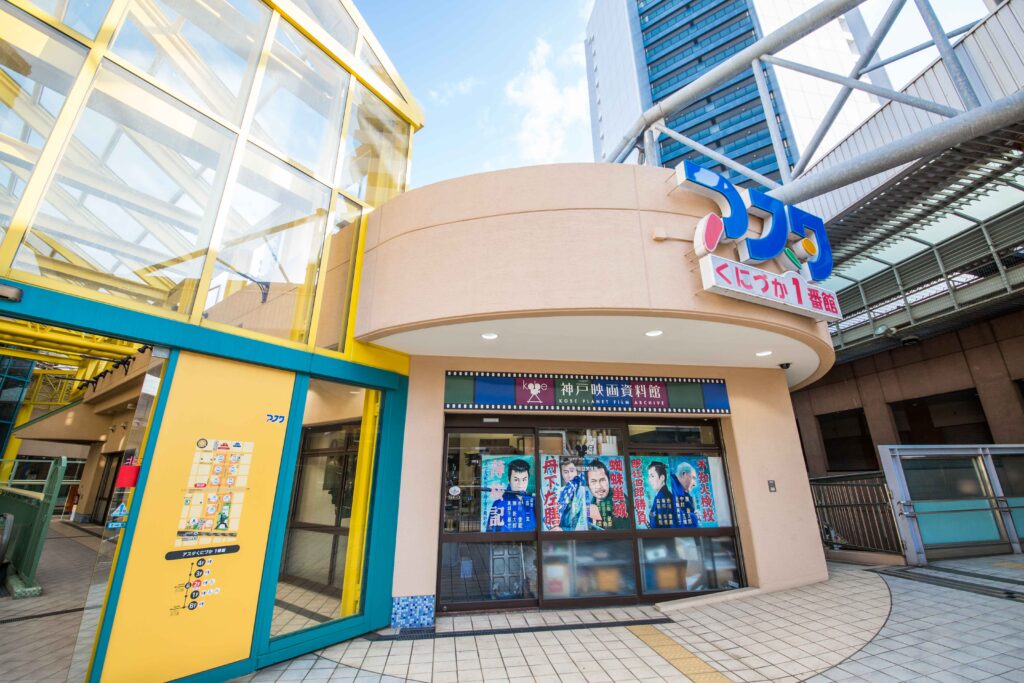
Provided by Kobe Planet Film Archive
To further approach the realization of a multicultural society in the regions and communities mentioned above, the Graduate School of Intercultural Studies creates the "Center for Community Partnerships." The Graduate School of Intercultural Studies has more than 60 faculty members, each of whom is a specialist in a different country or region of the world. Moreover, our Institute also has the Center of Migration Research. Thus, we are the most knowledgeable and experienced group to deal with "globalization issues in local communities."
Through collaborative projects with communities, the Center for Community Partnerships will create a new model of community revitalization. We look forward to your active participation. If you have any ideas for collaborative projects, please feel free to contact the Center for Community Partnerships.
Fumiak iITAKURA
Director, Center for Community Partnerships
Center's Aims and Principles
The Center for Community Partnerships conducts joint research between the Graduate School of International Cultural Studies and community partners on community problems for revitalizing communities and presenting results. By providing opportunities for connecting with diverse communities, the Center aims on strengthening ties between the Center and neighboring communities, based on the foundational principle of the Graduate School of International Cultural Studies: "the multifaceted study of cultural transformation in the globalizing modern world."
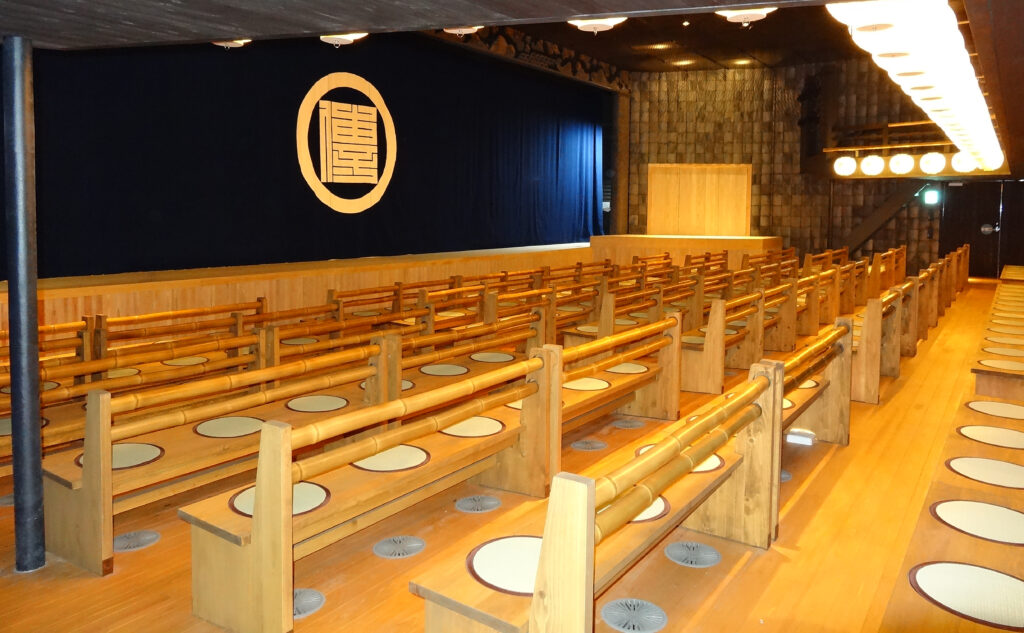
Provided by Awaji Puppet Theatre
Globalization has dramatically increased the rapid mobility of people, goods, and information. Amid such rapid globalization, not only large cities but also local communities that have not had much multicultural interaction in the past have seen an influx of tourists from abroad and technical interns seeking work. While many of them have contributed to the revitalization of local communities through friendly exchanges, frictions and conflicts based on different cultures and customs have also become prominent.
The Graduate School of International Cultural Studies, to which the Center for Community Partnerships belongs, has more than 60 faculty members with a variety of specialties, and many of them have specialized in foreign cultures, societies, economies, and politics. In recent years, people who move from one country to another for various reasons, such as migration, emigration, and exile, have become a major issue, shaking the nations in terms of politics, economy, and culture, and are the subject of intense debate. The Institute also has the Center of Migration Research, and the Graduate School of Intercultural Studies has many experts on migration issues.
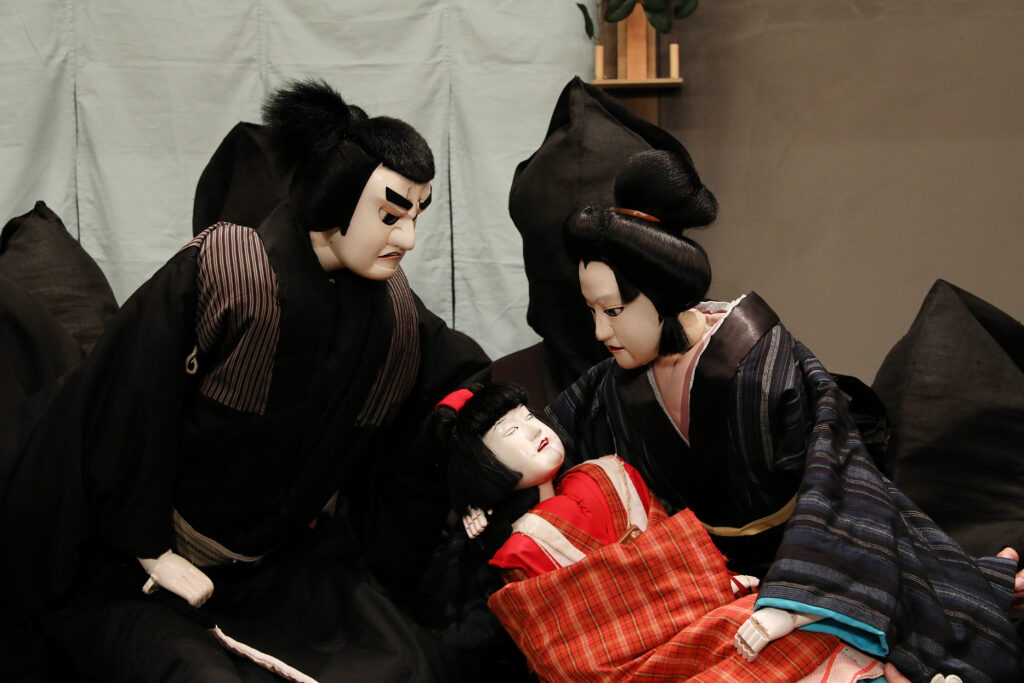
Provided by Awaji Puppet Theatre
By making the most of the attractive human resources of our graduate school and working with the local community, we may be able to find a way to solve problems and issues. One such way to alleviate tensions is to hold events in areas where friction is more likely to occur—the performing arts and artistic expressions can help people to relax. If, by actively collaborating and holding discussions not only with various institutions, companies, and NPOs in Kobe City and Hyogo Prefecture but also with a wider range of local groups and organizations, we can eliminate even one case of anxiety or friction in the local community, it will help many of us to live a better and more enjoyable life.

